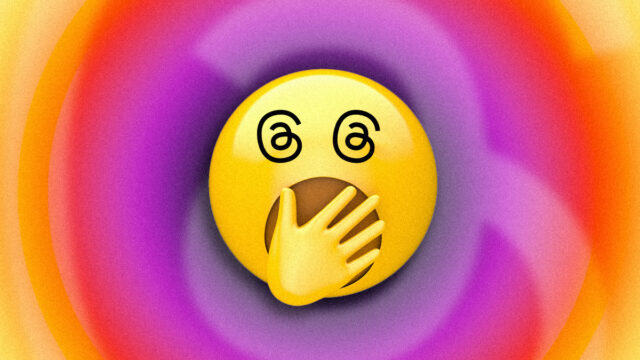Text-based social media appears to be back in the Wild West. With X, the platform formerly known as Twitter, inching toward obscurity and a number of contenders stepping onto the field, we’ve been left with more questions than answers.
Apps like Threads, Bluesky, Truth Social, Mastodon and Spill are all picking up users, and people are tweeting their new handles like students on the last day of school signing yearbooks.
But will any of them truly be able to match Twitter’s star power? For all the app’s issues, there are four key attributes that kept it in a class of its own for 10 years: anonymity, messiness, commitment to chronology and cultural currency.
Anonymity
Whether you joined Twitter in 2010 or 2020, one constant has been the platform’s unique blend of authenticity, vulnerability, celebrity and anonymity. Twitter was relatively easy and granted users a safe space to post anything from memes to more serious topics without their usernames showing up in their friends’ and family’s suggested contacts. Twitter was a place where you could hide in plain view.
Meta’s competitor app, Threads, also catapulted users over other Twitter knockoffs and their biggest hurdle: building an active following, by allowing signups to import their existing Instagram followers. But that same need for an associated Instagram account has been a setback. In the days after Threads launched, many users expressed regret about the unfiltered thoughts from longtime followers and influencers they had so easily gained and given others access to.
This is not to say that Twitter’s anonymity always worked. Bot accounts, especially during national elections, did plague the app, and certain communities are still relentlessly keyword-targeted by scammers and phishing attempts.
To best contend with Twitter, its imitators must find a way to replicate the feeling of their app being its own world, free of aggressive “People you may know” recommendations and doxable profile information. A place where anonymity doesn’t hurt your content’s visibility and being yourself doesn’t feel risky.
Safety
If you were to ask the public which social media site is the most toxic, Twitter would likely be No. 1 on Family Feud’s big board.
Twitter has been called out repeatedly throughout its history for allowing hate speech and misleading information, especially in the wake of the pandemic. Black creators often expressed irritation at targeted harassment and have always been critical of the platform’s lack of support and transparency when enforcing rule violations and account suspensions.


